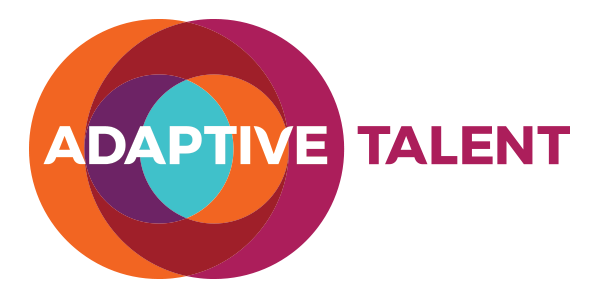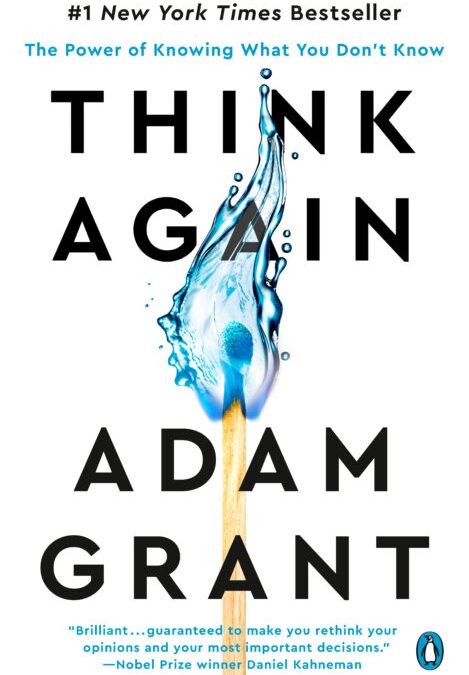In his newest book “Think Again” Wharton Professor Adam Grant advocates that every person should have a ‘challenge network’, a group of people who will tell it like it is, challenge ideas, and advocate for change or ideas even when it is unpopular or tiring. As readers of our Adaptive Talent blog know well, humility about one’s ideas is essential to adapting to today’s challenges, interdependent systems, and unforeseen reactions. When the past is no longer a dependable source of insight about the present, the ability to leverage others’ ideas and knowledge to facilitate shared and rapid learning is critical. Decoupling your self-esteem from your ideas and being able to hold others’ perspectives simultaneously is hard work and requires effort but the payoff is an ability to work with others well through the most challenging systemic problems.
In this short article from Knowledge@Wharton, Grant says “The ideal members of a challenge network are disagreeable — critical and skeptical. They’re fearless about questioning the way things have always been done and holding us accountable for thinking again. There’s evidence that disagreeable people speak up more frequently — especially when leaders aren’t receptive — and foster more constructive conflict. They’re like the doctor in the show House, M.D. or the boss in the film The Devil Wears Prada. They give the critical feedback we might not want to hear, but need to hear.”
The Pixar approach of idea challenging in service of higher quality entertainment has also been detailed in “Creativity Inc.” by Ed Catmull, and I’d also recommend “Humility is the New Smart: Rethinking Human Excellence in the Smart Machine Age” by Edwrad Hess and Katherine Ludwig, and “Humble Inquiry” by Edgar Schein. All of these describe ways of being and leading, supported by practices that encourage honesty in service of higher quality decision making and adaptability. As the pandemic has shown us when your external environment’s complexity exceeds your ability to understand or decide, it’s essential to leverage others, be transparent and accessible with your data, invite inquiry and challenge, and partner together via small experiments to rapidly learn. We get in our own way when we need to feel smart or authoritative in situations where we’re all learning at the same time; this is a paradox that few public health officers and politicians have navigated well, in my opinion, although I freely admit they are under incredible pressure and must be exhausted. It’s not a criticism of them, but an example to all of us that it’s preferable to simply say “we don’t know…but here’s the data” which can then allow more people to learn with you and alleviate the pressure you may feel to provide certainty and clarity.
---
Adaptive Talent is a talent consultancy designed to help organizations achieve amazing results and ongoing adaptability. Founded in 2008 and based in Vancouver, Canada we offer retained and contingent search, assessments, training, leadership coaching (1:1 and group), leadership development programs, and culture & organizational development consulting.

